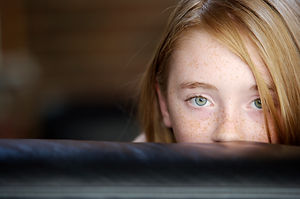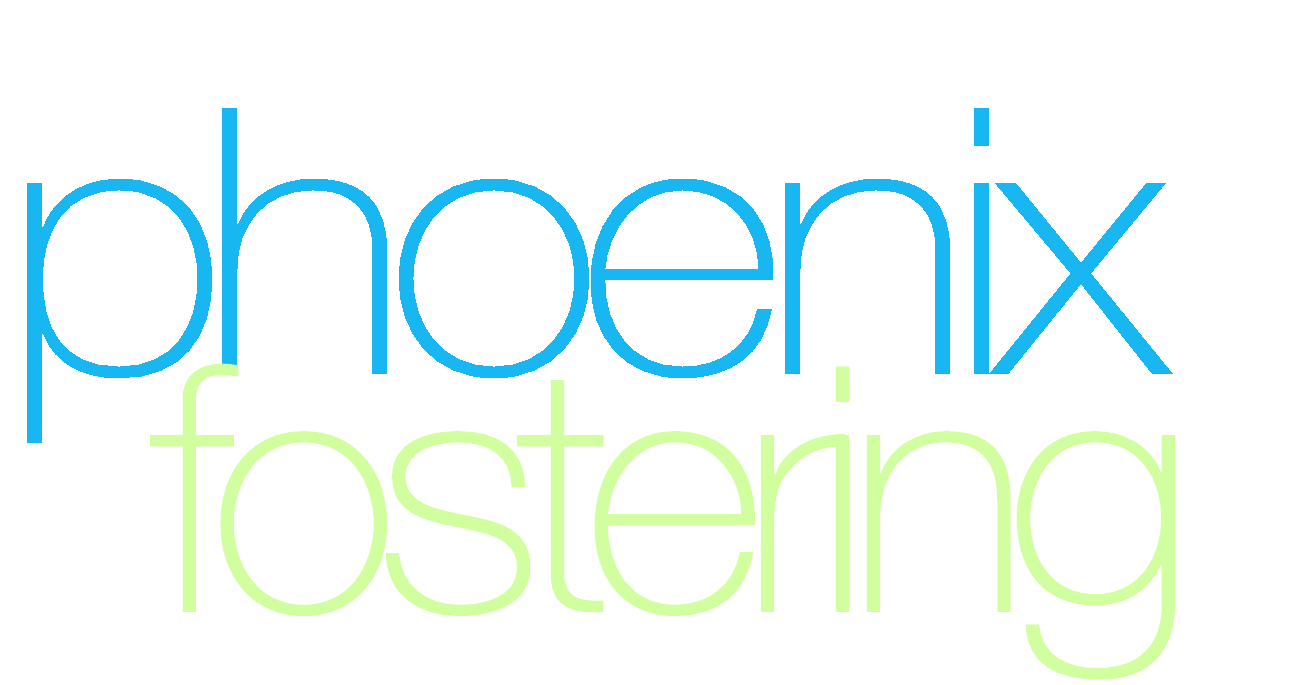
Trauma and attachment informed family placements for children and young people with complex needs


I see what you say...
As a therapeutic foster carer there are many things to learn, lots of new paths to tread, lots of unexpected trip wires and lots of chances to learn that are outside the “norm”. One such opportunity we found ourselves faced with at the start of placement was watching Charlie when he spoke, rather than hearing what he said. We learnt a lot more by watching than we did by listening to him at the outset. This was not always because of what he said but rather- as any self-respecting woman would have you believe – because of the way that he said it!
When Charlie arrived in 2010 there was much to listen to. Charlie talked non-stop – literally. Charlie knew the words to 50 age-inappropriate episodes of Family Guy – literally. Charlie knew the entire script of all age-inappropriate episodes of South Park – literally. Charlie took great joy in inhaling loudly, commencing with film script chatter and not stopping until his last bedtime breath seeped from him – once again – literally! We had eyes like racoons for weeks and a look of disbelief that we shared periodically when we dared allow ourselves an acknowledgement of exactly how many words we’d listened to.
The words were one thing – a continuous non-stop stream of punctuated film script, tone and accents accompanied the fast-paced babble – the body movements were something else entirely. Charlie spent 80% of his time on tip-toes, moving swiftly around the house, throwing in the odd Michael Jackson hip thrust, and twirling like a whirly dervish. We could begin a conversation in the kitchen and find ourselves in an entirely different conversation by the time Charlie had twirled his way across the room and into the hall. We tried many tactics to calm conversation down, to introduce a semblance of “normality” to discussions with Charlie. We became conversational Raptors – hunting as a pair to find opportunity to get a word in edgeways. We were dizzy, giddy, confused and often [guiltily] relieved as Charlie disappeared on the end of a pirouette to watch TV, knowing his job was “done”.
You see Charlie’s job was to mask his insecurities, fear and anxieties whilst simultaneously transferring the same to us until we arrived at the point where we forgot what the point was! The pace of this dialogue might give a tiny indication of how we felt!
Charlie told me he hated me, that he was evil, and that he could make my life so miserable that I wouldn’t be able to believe it. Behind the venom of his words was a scared child, telling me how he’d been made to feel –warning me that he’d “get in first”, that he’d hurt us because he sure as hell wasn’t going to let us hurt him.
As foster carers we must be always aware that our first reaction is sometimes the only opportunity we get to make a difference and things happen in split seconds so being ready is vital. When Charlie told me he hated me, my first reaction was to feel hurt, then to consider him ungrateful and have a whirl of expectation to be treated better descend upon me. This is the social norm. But then the social norm is that we feed our children, put shoes on their feet, and teach them to enjoy food, give them a dry bed – or perhaps just start with a bed at all. Charlie had none of these norms, so smiling and pleasing me was pretty low down on his list. Setting myself aside and my reaction (& it takes only a little time for it to become a therapeutic norm) was to look beyond his words, to focus on the brokenness of the conversation, and to allow my heart to feel heavy and sore for Charlie, and not myself. Our reactions to Charlie were to express interest in his assertions, tell him we hadn’t realised “evil” arrived in the loveliness of the 11 year old boy before us, said we were pleased the devil (as he often described himself) was so lovely, and that even if he did hurt us we would still care and love him back.
Despite our empathy for Charlie, he certainly did not need our sympathy. He needed simple messages – spoken and demonstrated by unflinching body language. We are here. We are here for you. We are staying here. You can be as bad as you feel and we will still be here. You can say what you need to say and we will still be here. You can do what you need to do and we will still be here. We care for you and we are here. Somewhere down the line, at a point that we were unable to determine, Charlie began to believe we were there for him. He now knows we are here for him. He is also now here for us. We are here for each other.
By seeing what Charlie said, and hearing what he didn’t say we gained his trust. We helped, and are still helping him to put the broken pieces back together. The pieces that make him feel whole and secure.
Charlie still has more words and explanations than Wikipedia, he is a walking, talking internet but nowadays it is, in the main, happy babble – his name means wild Viking (of course), he canes ass at cricket (of course), he is going to have a tattoo of a winding snake around his shoulders (allowed but only if I can do it!) ….. In short we are at a point where we can see what he says, hear what he says and like any other parent filter the fantasy from reality and nod in amused anticipation of the next testosterone fuelled request! Charlie really is our darling.